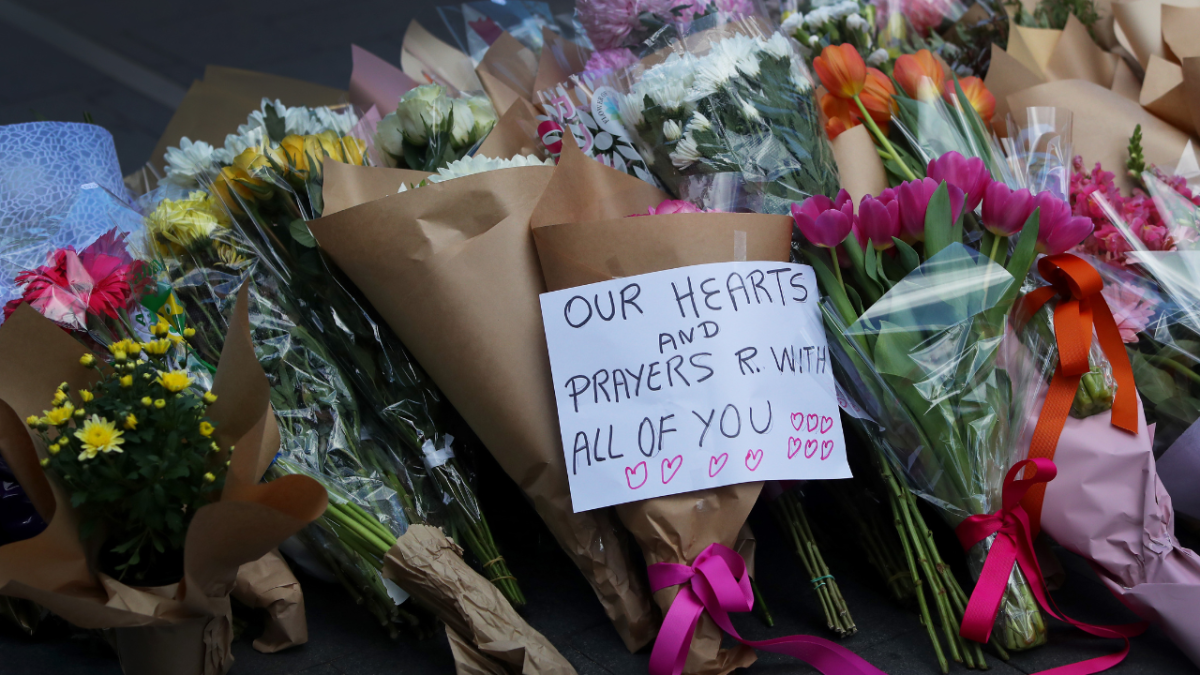
CONTENT WARNING: This article discusses domestic violence, sexual abuse and misogyny.
The Bondi mass stabbing left six people dead, 17 people injured and the nation in mourning. NSW Police said in a press conference on Monday that the attack was not being investigated as “ideologically motivated” — despite also stating the killer targeted women. So, how can these two claims exist at once? And why don’t we consider attacks that target women as terrorism?
Joel Cauchi, a 40-year-old man from Queensland, almost exclusively attacked women when he stabbed 23 people in Bondi Junction Westfield. Five of his six victims were women — the only man he murdered, Faraz Tahir, was a security guard who tried to protect another shopper.
Cauchi’s family have since revealed that he had an obsession with knives, which his mother says was likely out of paranoia for his safety due to mental health issues. Police sources told A Current Affair that Cauchi also allegedly had a “fixation” with killing and Googled “how to kill” on his phone before the attacks.
Cauchi was shot dead during the attacks by a police officer, so we may never know what caused him to commit such a heinous act. It will likely be months before police reach a conclusion in their investigation, and if Cauchi was not in his right mind during the attack, attributing an official motive may be difficult.
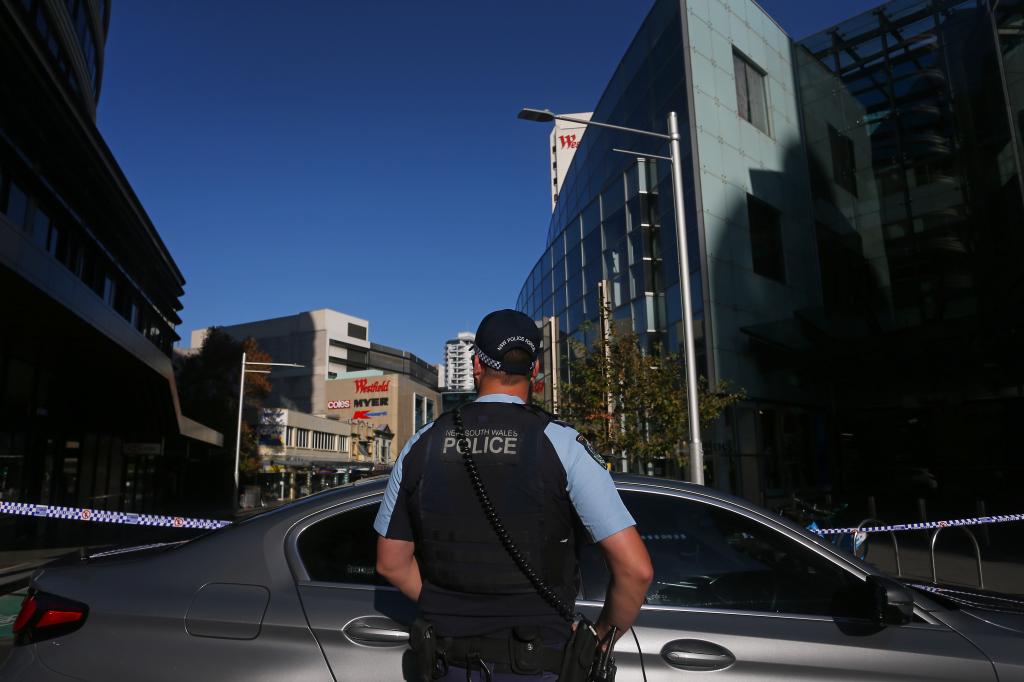
However, based on CCTV footage of the events, and information from his family, police have admitted that Cauchi appeared to target women. His father, Andrew Cauchi, told reporters that he understood why police are pursuing this line of enquiry, because “he wanted a girlfriend and he’s got no social skills and he was frustrated out of his brain.”
When a journalist asked Police Commissioner Karen Webb on Monday if we could refer to the Bondi stabbing as “terrorism against women” if Cauchi was found to have targeted women specifically, she told him this would be a “reach”. Police have also insisted that the attack is being investigated as mental health-related and not an act of terrorism. But why is that?
What criteria must a mass attack on the public meet before it’s considered terrorism? Is religion the only thing that defines whether an attack is terrorism? What about other ideologies, like misogyny?
Is misogyny an ideology, and can it be linked to terrorism?
Dr Shannon Zimmerman, a professor at Deakin University and expert in counter-terrorism, argues that — despite NSW Police’s contradictory comments — “misogyny based terrorism is ideologically motivated terrorism”.
“What would make an attack a terrorist attack is that it’s associated with extremist ideology,” she told PEDESTRIAN.TV.
She argues that sexism — or “male supremacy” — is an ideology, and that police likely don’t recognise it as such because they conflate ideology with religion, even though other types of extremist ideology exist — just look at the incel terrorist attack in Canada, or the white supremacist terrorist attack in Christchurch, New Zealand.
Zimmerman defined an extremist ideology as one that oversimplifies issues, blames a specific group for those issues, and then advocates violence as the only solution to solve these issues. An attack in pursuit of extremist ideology, undertaken on the civilian population to intimidate, would be characterised as a terrorist attack.
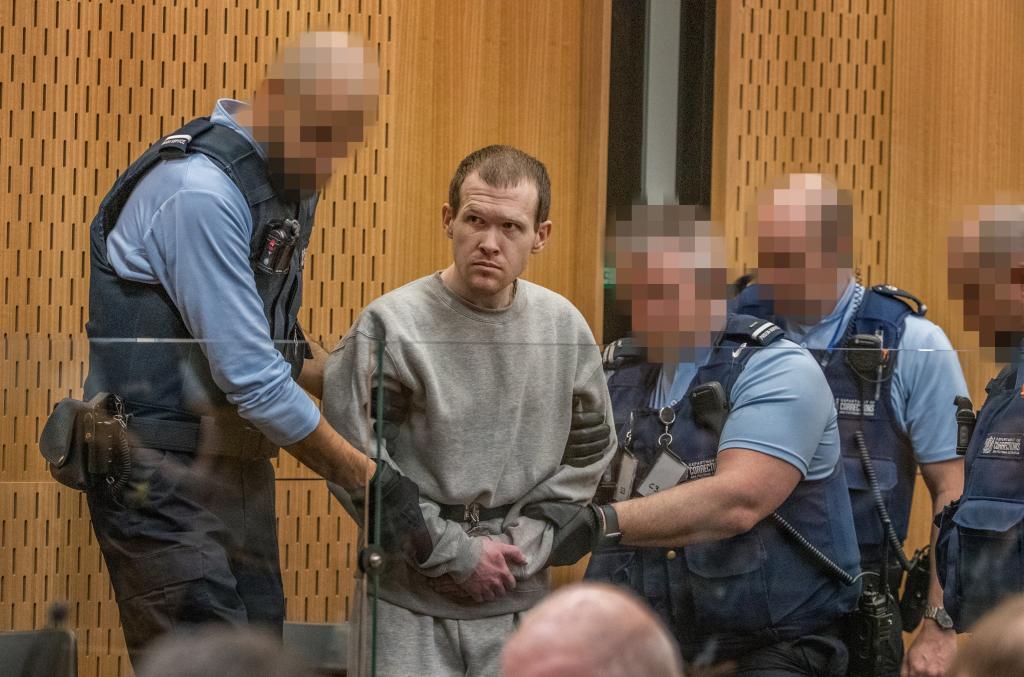
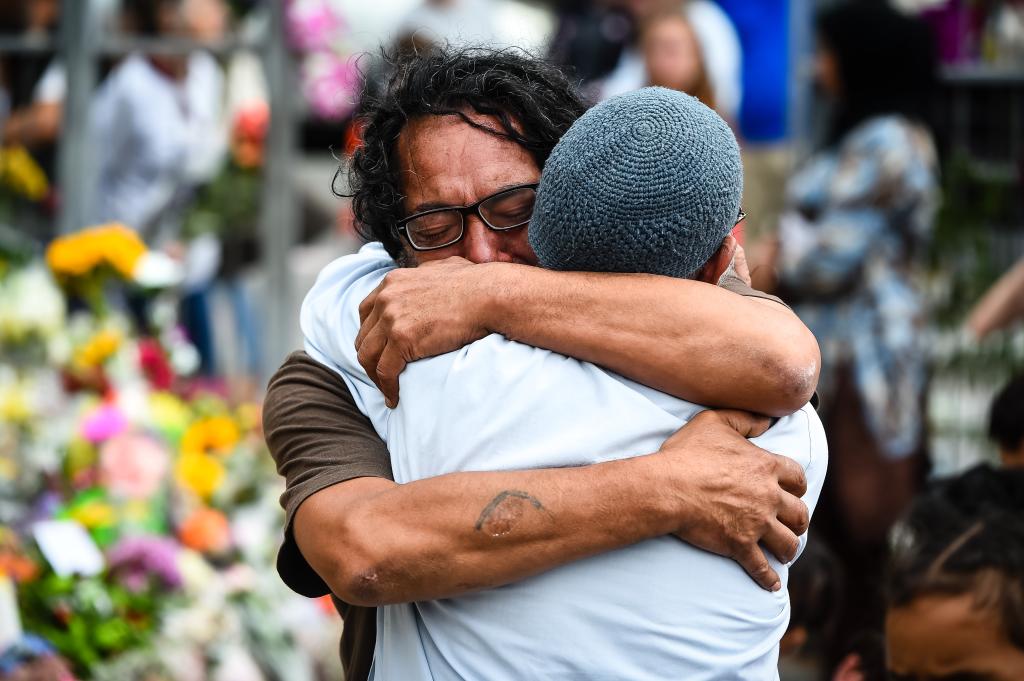
“An attack undertaken with the intent of male supremacy, I would say definitely counts as a terrorist attack because they’re trying to change a social structure and they’re using violence to do so,” she said.
“A lot of groups are really uncomfortable identifying male supremacy as a terrorist ideology or as an extremist ideology because male support for misogyny [and] sexism is so prevalent in our society.
“It really undergirds so many of our structures and it’s inherent in so many people’s worldviews and mindsets that we’ve really resisted identifying it as as an ideology that leads to violence, even though it absolutely does uphold structural violence. But because it is the dominant paradigm, we don’t identify it as an extremist ideology.”
While Dr Zimmerman is not suggesting Cauchi’s motive was indeed misogyny — she’ll leave it to the police to determine that — she does believe that if he is found to have acted out of hatred towards women, then yes, she would consider the Bondi stabbing a terrorist attack — and that just because someone suffered from mental illness, “does not mean they don’t have an ideology.”
“If he decided to go out and undertake a mass violent attack because he hated all women, and he wanted to punish them more to terrorise them for perceived grievances, I would count that as as at least an act of extreme violence, or the use of a terrorist tactic,” she said.
Why isn’t the Bondi stabbing being investigated as terrorism?
Dr Blair Williams, a lecturer in Australian politics at Monash University who studies double standards in coverage of women and men in politics, told PEDESTRIAN.TV that part of what informs Australia’s hesitancy to consider the Bondi stabbing attack as terrorism is that terror attacks are supposed to affect the wider public — a group women are historically excluded from.
“I thought it was interesting that the police were very quick to dismiss it as not a terrorist incident,” she said.
“Why is it that threatening or using violence and intimidation against women is not a terrorist act? It shows the double standard here, where a religiously-inspired attack is terrorism, but an [alleged] misogyny-inspired attack is a man being violent or having mental health issues.
“Just because the direct victims are not men, doesn’t mean that it’s not threatening intimidation or violence — because that’s what women feel when we see videos of this perpetrator going after women and not attacking men, unless men are getting in the way. That is extremely fear-inducing.”
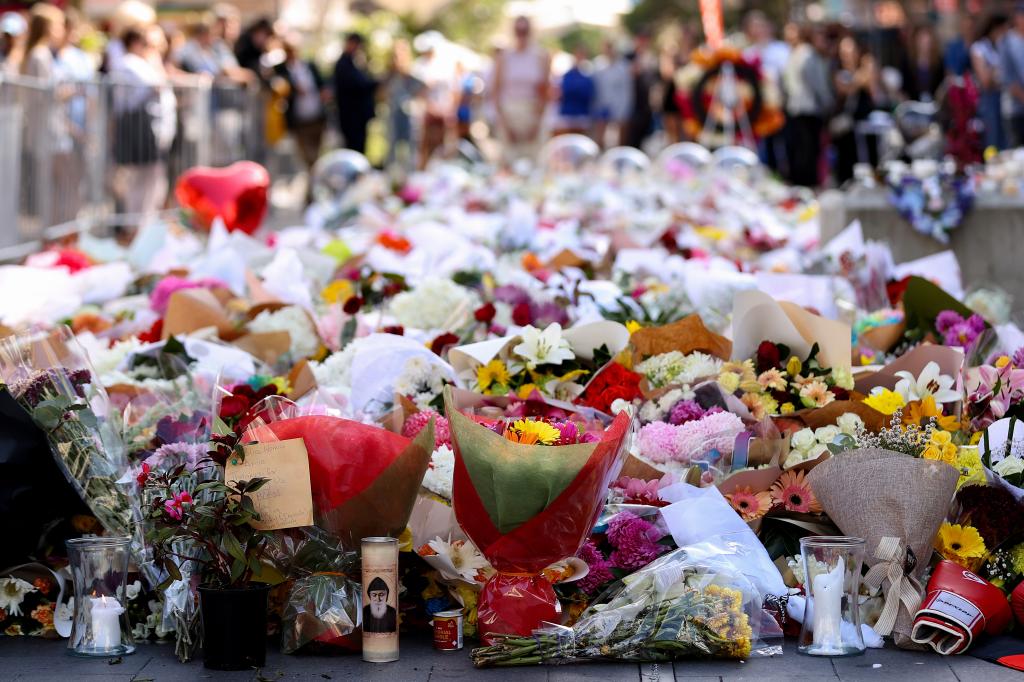
Dr Williams said she believes this is “a public sphere issue” and represents how we dismiss women’s presence in society.
“It just feels like women aren’t considered ‘the public’ — women are in the private sphere, men are in the public sphere,” she said.
“Domestic violence is a private sphere issue, we individualise the problem — it’s an individual who is attacking a partner, rather than a systemic problem with men’s violence, especially men’s violence against women. Until we treat it as a systemic issue, as a real threat to many women in this country, then we’re not going to see much change.”
So, how should we approach this issue?
Dr Jamilla Rosdahl, a researcher specialising in gender, coercive control and critical criminology, has warned the public not to individualise the Bondi Junction stabbing because “the context in which these women died is inseparable from their lives as women.”
“It is important not to individualise this problem,” she told PEDESTRIAN.TV.
“There is a high rate of men perpetrating rape, sexual harassment, relationship abuse, sexual abuse against children, modern slavery, mass killings and violence against women in our society, and yet we still refuse to talk about this. If we do not recognise or admit that misogyny is on the rise in Australia, we are missing the point, and we will only see an increase in violence.
“How are we generating a culture where some men feel they are entitled to choose who lives and who dies? We need a complete paradigm shift. We need robust and honest discussions about gender. We need to start asking, ‘what the hell is going on with boys and men in our society? Why is men’s violence a large issue in Australia and globally?’
“This mass killing shows that women and children are not safe in this country… violence against women [is] no longer hiding behind closed doors. We are now seeing open attacks on women.”
While the investigation into Cauchi remains ongoing, the discourse around what — or who — can be considered responsible for terrorism is shifting.
The stereotype of terrorism being a labelled exclusively applied to attacks where perpetrators are Muslims or immigrants is finally being challenged — and by pushing for conversations around what causes violence to begin with, maybe we’ll build a safer society for women and men.
PEDESTRIAN.TV reached out to NSW Police for this story, but a spokesperson declined to comment as the matter is subject to a critical incident investigation.



